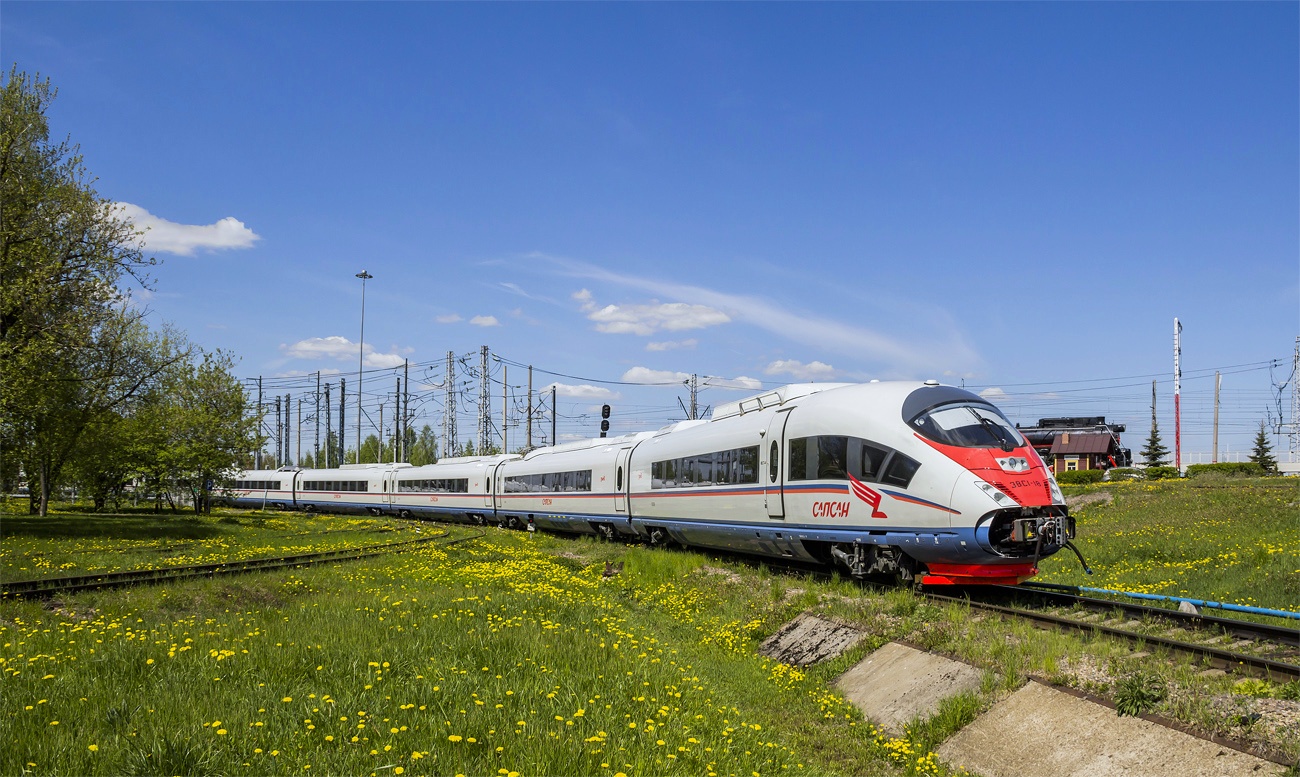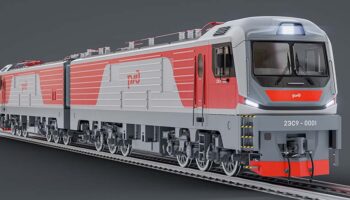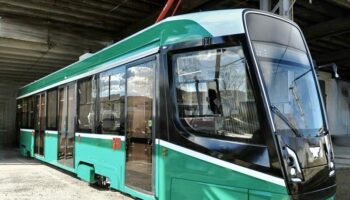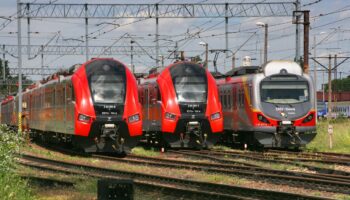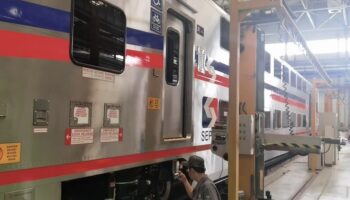Russia: The court resolves the German manufacturer’s allegation that it cannot satisfy the contract with Russian Railways (RZD) contradicts its terms and conditions and the European Commission’s clarifications.
On 21 February, the Commercial Court of Moscow declared a decision of Siemens Mobility to unilaterally terminate the contract with RZD invalid. Under the €1.1 bln contract signed in 2019, the manufacturer was to supply 13 high-speed ten-car Sapsan (Velaro Rus) trains. Now either party has a right to appeal the resolution within a month after the decision of the court.
RZD had already received four trains, and the remaining nine were to be delivered by 2023. Amid the conflict in Ukraine and sanctions, Siemens announced putting an end to production and business in Russia and even leaving the country in May 2022. Later, in October, Siemens Mobility sent RZD the notice of termination of the contract for Sapsan trains delivery. In return, RZD filed a claim for a breach of the obligations by its German partner in late November last year.
Siemens Mobility claimed it couldn’t fulfil the contract because of the EU’s and USA’s sanctions. The court points out that this position is contrary to the fundamental principles of the Russian legal system, and the law does not allow the company to unilaterally terminate the contract. The court also notes that according to the Commision’s clarifications, the restrictive measures are not applicable to contracts already signed and fulfilled.
In mid-February 2023, the Commercial Court of Moscow also ordered Siemens to pay Russian Railways 16.1 mln RUR (€200,000) a day for failing to fulfil another contract for the maintenance of Sapsan trains. The German manufacturer filed an appeal against that decision. Earlier another Russian court sustained claims by Russian Railways to prohibit Siemens from giving rise to the proceedings in the Vienna International Arbitral Centre.
Now the Russian national operator runs 20 Sapsan EMUs including those delivered between 2009 and 2014. In December 2022, Viktor Golomolzin, head of the Oktyabrskaya Railway branch of RZD, reported the reserves of components would last for 12–18 months while their Russia-made replacements were already tested.
This January, Railcolornews published images of several non-operated Velaro cars at the Siemens plant in Krefeld, Germany. According to SCI Verkehr consultants, Sapsans that had not been delivered to Russia could be handed over or sold to Kazakhstan, Ukraine, or the Baltic states, as operating conditions in all these countries are similar.



